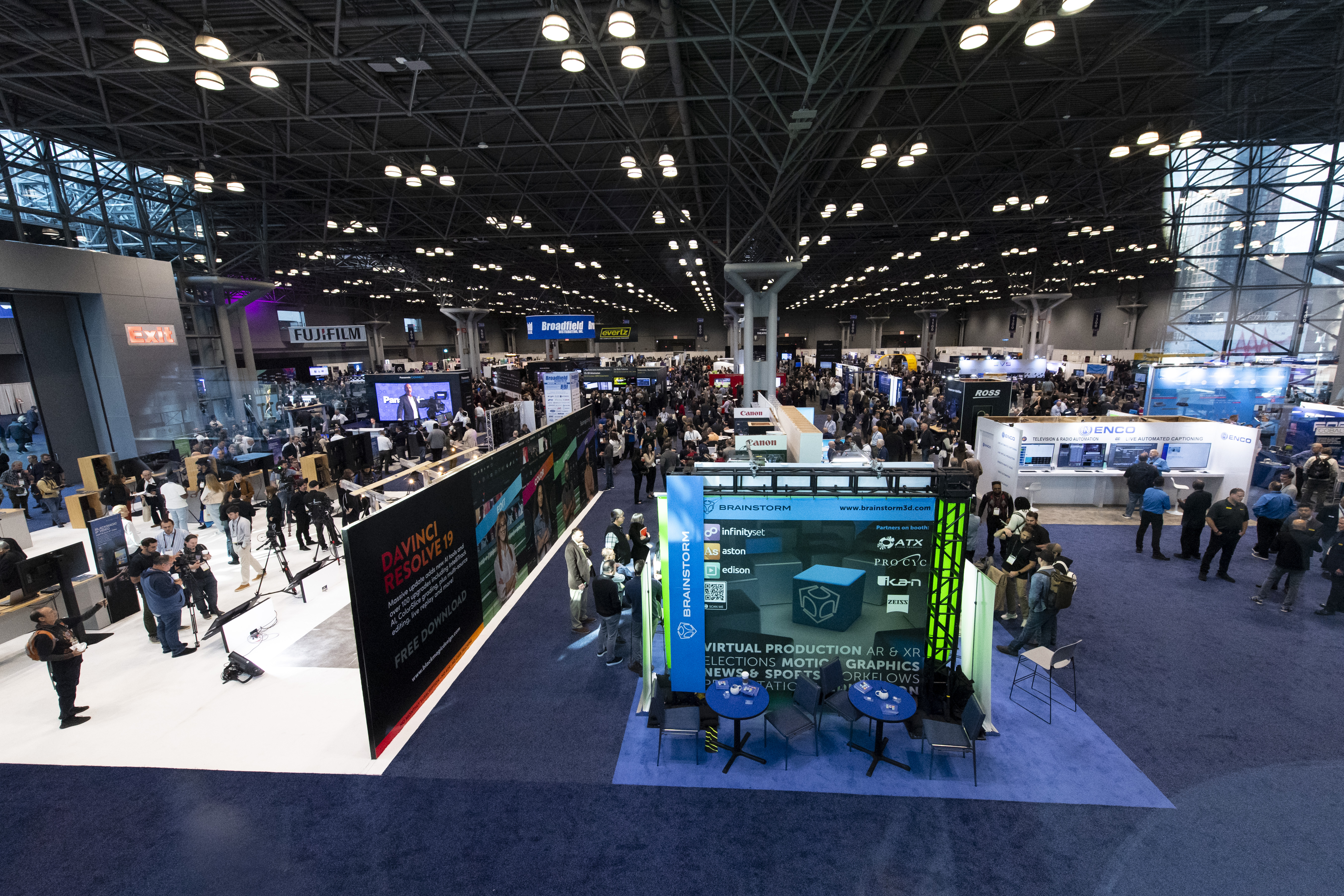Liberty Global’s $1 billion buyback boost
Liberty Global has kept its promise to buy back a further $1 billion of its stock from shareholders despite a continuing rise in its share price making this more expensive. Liberty Global, trading mainly under the UPC brand, is the largest pay TV operator in Europe. It is present in 11 countries there, along with Chile and Puerto Rico. It is primarily an MSO with just more than 14 million cable TV subscribers in Europe, but also has 700,000 DTH customers in Hungary, the Czech Republic, Romania and Slovakia to extend its reach there, having attracted 200,000 new customers for this in the last two years.
The group has expanded rapidly in Europe largely through acquisition, and this factor depressed its share price four to five years ago as the market reacted adversely to some of its purchases. In November 2009, it made one of its biggest acquisitions so far by buying Unitymedia, then Germany's second-biggest cable network, for $3 billion. Liberty Global’s share price immediately fell 9 percent on that news as many analysts doubted that prospective growth in the German pay TV market warranted paying that high a price. But Liberty Global did not stop there in Germany, following up by paying even more, $4.1 billion for another MSO and again the country’s second biggest at the time, Kabel Baden-Wuerttemberg, finally gaining antitrust clearance in December 2011.
This pumped up Liberty Global’s German subscriber base to almost 7 million, and in the event the acquisitions have proved well judged, as the German pay TV market has grown strongly from a low historical base. In 2012, Germany was the main driver of growth for Liberty Global, and together with the much smaller markets of Switzerland, Belgium and Hungary has accounted for 80 percent of its subscriber growth this year. This led to consolidated revenue growth for the three- and nine-month periods ending Sept. 30, 2012, of 4 percent to $2.5 billion and 7 percent to $7.6 billion respectively, compared to the corresponding prior year periods. Correcting both for currency movements, chiefly the strengthening of the dollar against the Euro, and the distortion of acquisitions, revenue growth was 6 percent for both the three- and nine-month 2012 periods.
The effect of this strengthening performance has been a share price hike that has gone on more or less unabated for four years, during which it has tripled from around $20 to $60 now. This has made the company’s stock repurchase strategy increasingly expensive as a way of rewarding shareholders, as opposed to the alternative of paying dividends. The effect of stock buyback by a company is to reduce the amount of stock remaining with shareholders and so increase their share of the company, as well as giving them some money. From the company’s point of view it may be the most cost-effective way of distributing some of the profits to shareholders, and it may also at a given time be the best way of investing spare cash, of which Liberty Global had around $3 billion at the end of its third quarter.
It can also send a signal to the market that the company is in good health and believes its shares to be undervalued on the basis that, like any other wise investor, it would not buy them otherwise. Liberty Global has consistently bought back shares rather than paid dividends, having acquired $9 billion of its stock from shareholders since 2005.
But now the share price is at a historical high and so the buyback no longer makes economic sense, according to many financial analysts. But it is good news for shareholders and comes at a time when Liberty Global is in a bullish mood as its Horizon hybrid platform takes off in Europe, having been taken up so far by about 200,000 customers in the Netherlands since its launch at IBC in September 2012. Horizon will be launched in the larger German market early in 2013, as well as Ireland and Switzerland.
The professional video industry's #1 source for news, trends and product and tech information. Sign up below.
